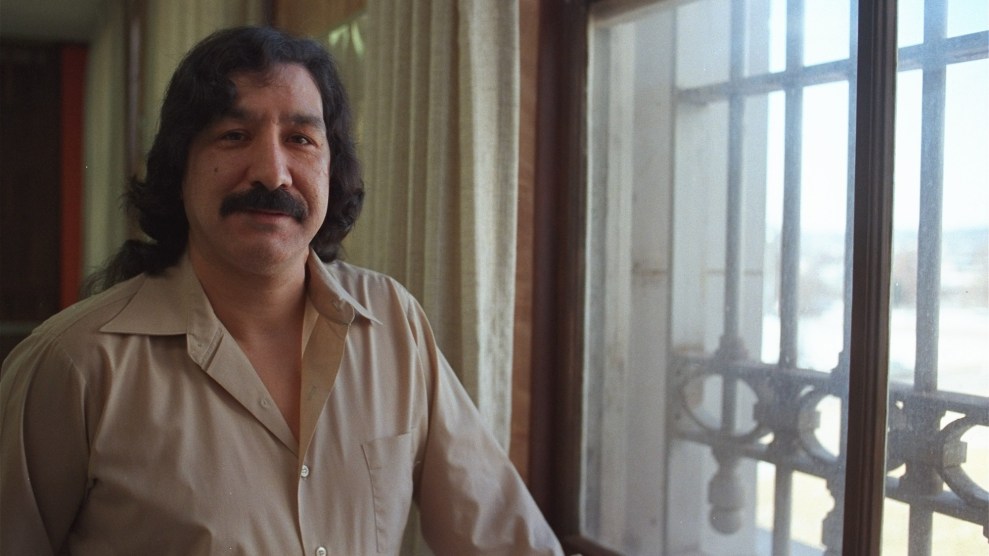Two weeks ago, the U.S. Supreme Court ordered California to significantly reduce the number of inmates in its state prisons, where conditions are so horrendous that the violate the Constitution’s ban on cruel and unusual punishment. In an article just published in the New England Journal of Medicine, physician researchers from the Center for Prisoner Health and Human Rights, run by Brown University and Providence’s Miriam Hospital and Brown University suggest a straightforward cure for what they call the “epidemic of mass incarceration” that has swept the country in recent decades: Stop using prisons and jails as holding facilities for people with mental illness and drug addiction—who account for a full half of today’s prison population—and get them proper treatment instead.
Some 2.3 million Americans—1 in 100 adults—is now in prison at any given time, with an estimated 10 million cycling in and out of prisons and jails each year. The numbers have increased more than 600 percent in the past 40 years. According to the article:
Much of the increase in the prisoner census is a result of the “War on Drugs” and our country’s failure to treat addiction and mental illness as medical conditions. The natural history of these diseases often leads to behaviors that result in incarceration. The medical profession has the chance both to advocate for changes in the criminal justice system to reduce the number of people behind bars who would be better served in community-based treatment and to capitalize on the tremendous public health opportunities for diagnosing and treating disease and for linking patients to care after release.
Deinstitutionalization of the mentally ill over the past 50 years and severe punishment for drug users starting in the 1970s have shifted the burden of care for addiction and mental illness to jails and prisons. The largest facilities housing psychiatric patients in the United States are not hospitals but jails. More than half of inmates have symptoms of a psychiatric disorder as defined by the Diagnostic and Statistical Manual of Mental Disorders (DSM-IV), and major depression and psychotic disorders are four to eight times as prevalent among inmates as in the general population — yet only 22% of state prisoners and 7% of jail inmates receive mental health treatment while incarcerated.
Instead, prisoners are subject to conditions—including solitary confinement—that exacerbate, rather than address, their mental health problems. This is because “correctional facilities are fundamentally designed to confine and punish, not to treat disease,” the article continues. “The harsh and socially isolating conditions in jail or prison often exacerbate mental illness, especially when inmates are placed under solitary confinement, as is common in the ‘super maximum’ facilities that have proliferated extensively in recent years.”
A less punitive approach and greater access to treatment programs might keep some of these people out of the criminal justice system in the first place. When they do land in prison, “they are often released to the community without health insurance or access to appropriate medical care and treatment,” Josiah D. Rich, director of the Center for Prisoner Health and Human Rights and a co-author of the article, said in a press release. “Sadly, without these linkages to transitional care in the community, the majority of these individuals will re-enter the revolving door of the criminal justice system, which already costs our county $50 billion annually,” he adds.
The article argues that “there are tremendous medical and public health opportunities that can be created by addressing the health care needs of prisoners and former prisoners.” Sarah Wakeman, another article co-author, points out that “for some inmates, incarceration may represent their first intersection with the medical community, offering an invaluable opportunity to diagnose and treat the overrepresented rates of infectious and chronic diseases, addiction and mental illness.” Taking advantage of these opportunities, however, would take a major shift in public consciousness and public policy. The article urges the medical community to show leadership in pressing for this kind of change.















